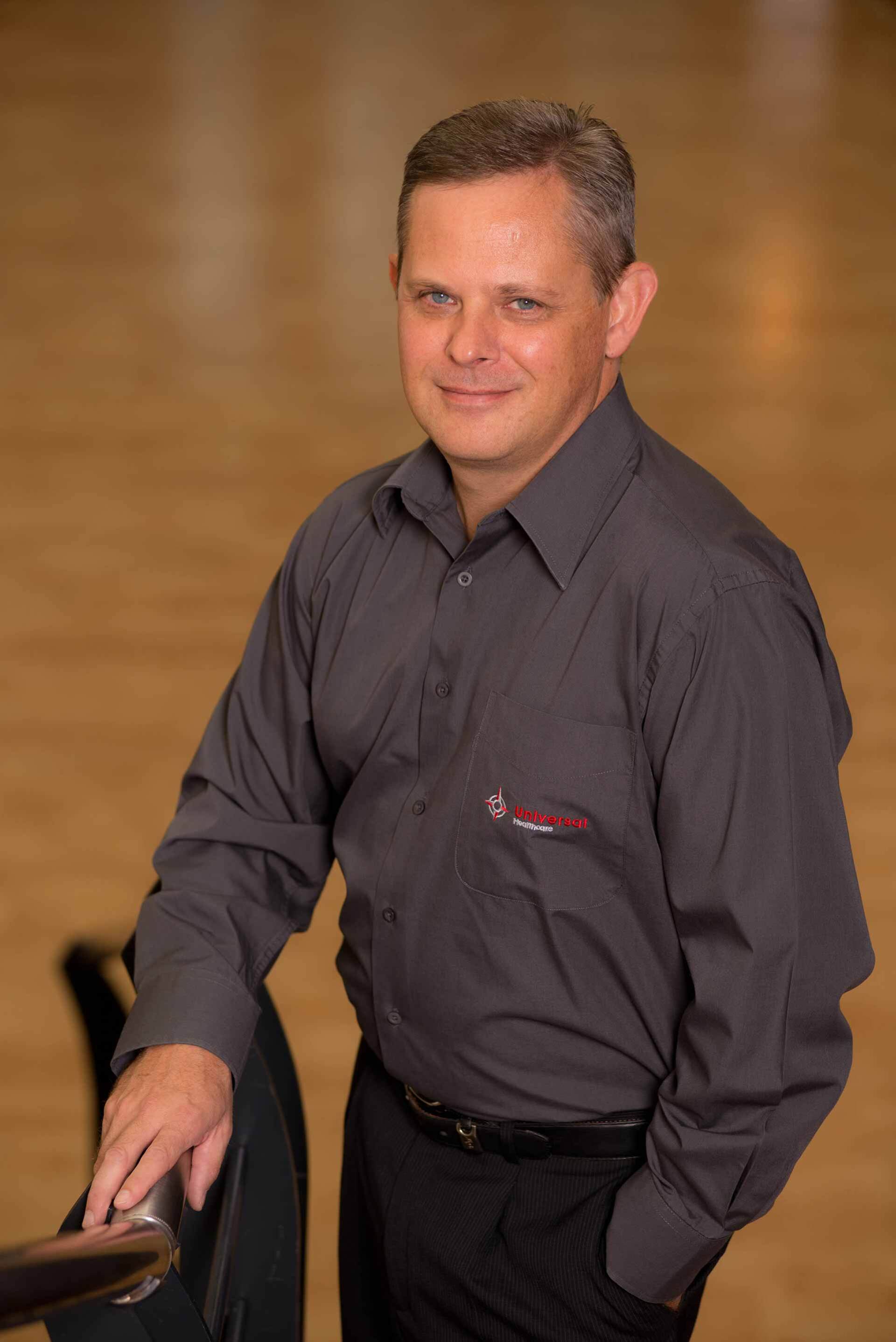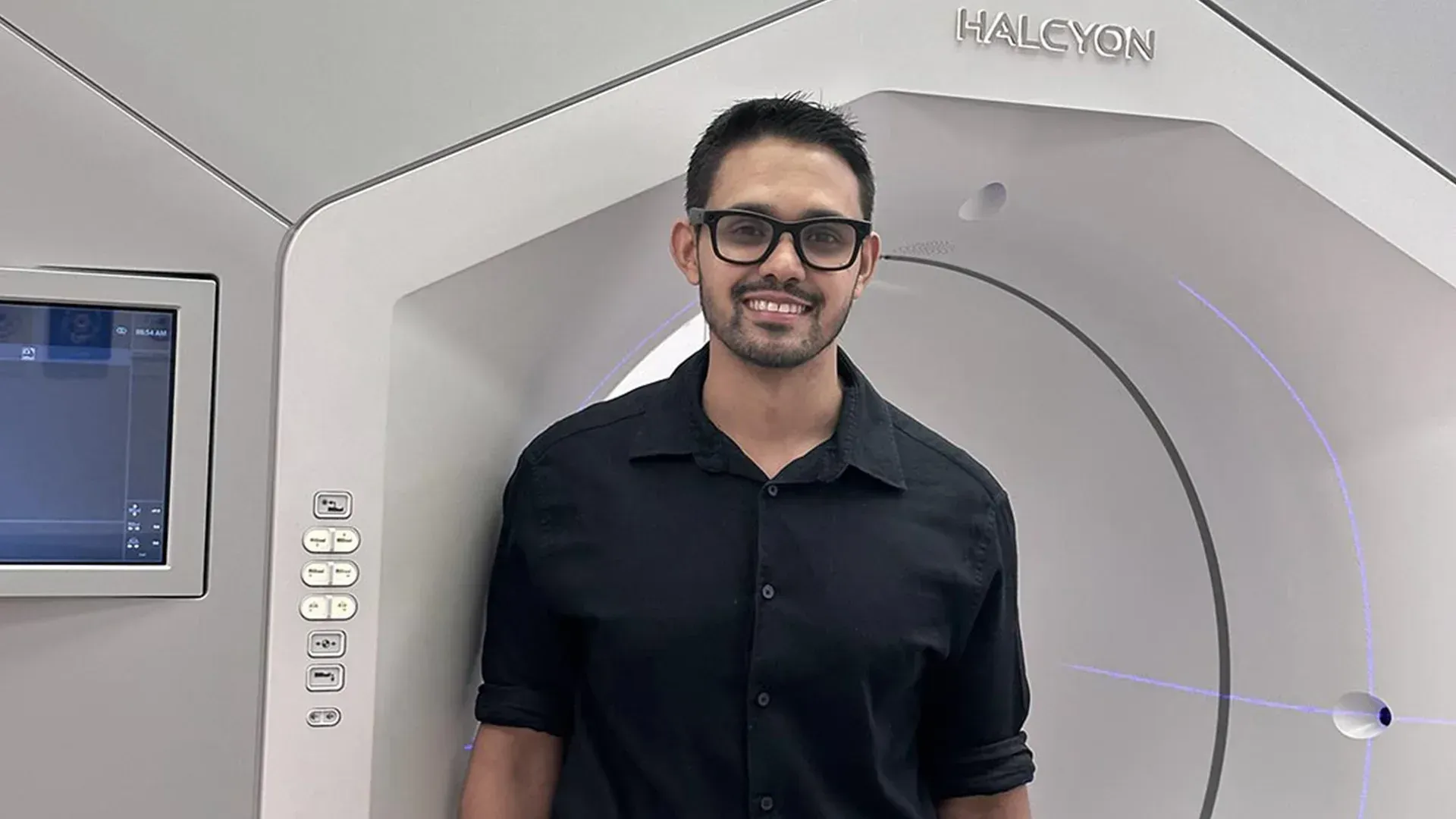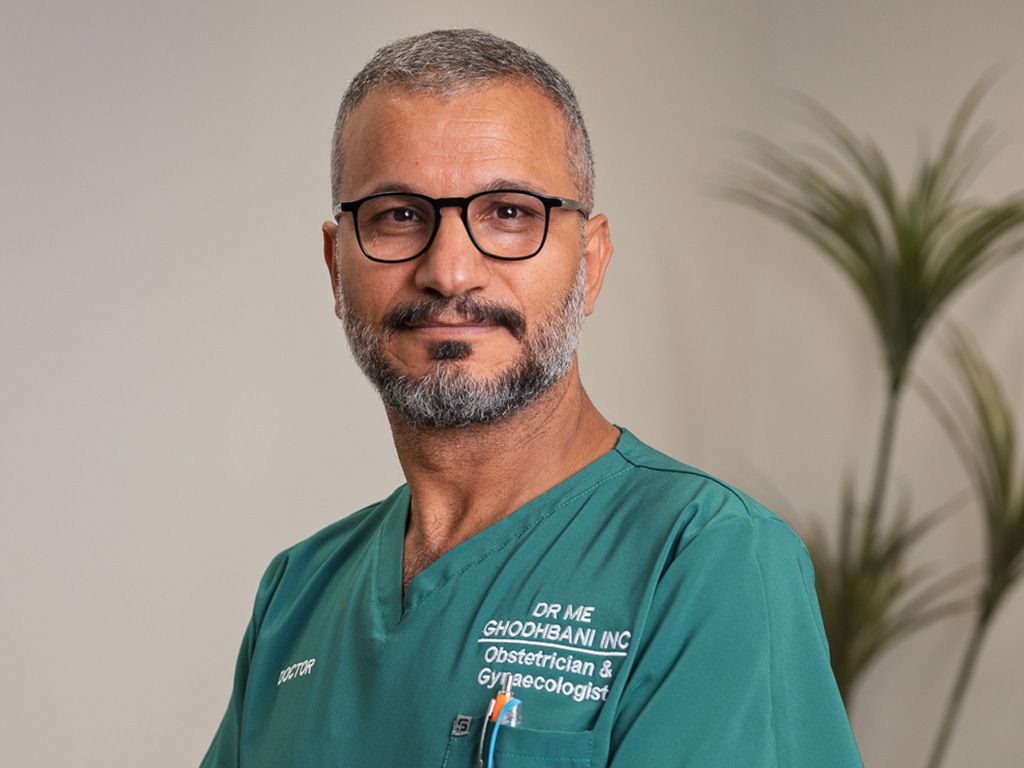Universal heralds end of ‘same old, same old’ era in healthcare
October 21, 2020
Dr Johan Pretorius, chief executive officer of Universal Healthcare
Innovation unlocks added value for consumers and corporates alike
The South African private healthcare funding landscape has been trapped for some time in a predictable cycle, characterised by limited value and lack of flexibility which has not inspired confidence among businesses and healthcare consumers.
The Universal Healthcare
product launch has delivered some refreshing innovations aimed at easing the load on corporates, private healthcare consumers and healthcare practitioners, through a range of pioneering products and services.
Commenting on these developments, Dr Johan Pretorius, chief executive officer of Universal Healthcare, said COVID-19 has brought many challenges to the healthcare industry and communities throughout South Africa and the world. “It has been inspiring to see how people have adapted, and how the use of new technology has transformed the way we work in a virtually connected world ¬– the same applies to the field of medicine and healthcare. At Universal, we feel a deep sense of responsibility to keep innovating while ensuring that we continue to provide healthcare consumers with access to world-class healthcare solutions at an affordable price.
“ZOOPP, which stands for zero out of pocket payments, is one such innovation which was specifically developed by Universal to enhance the CompCare member experience. It is the perfect solution for consumers who are tired of dipping their hand in their pocket to find the shortfall every time a script is filled or a healthcare service provider is consulted,” notes Dr Pretorius.
He adds that ZOOPP consists of three components. “You must belong to CompCare and will need a personalised mediBucks ‘Pay as you go’ savings account, separate from CompCare, into which monthly payments to save up for additional medical expenses can be made. ZOOPP will also help you to sign up for one of Universal’s gap cover insurance products.
“ZOOPP is simple and easy to use. When you receive a claim from a healthcare provider who has charged more than the medical scheme rate, or if there is a co-payment, Universal will automatically settle the account for you by sweeping across each of the three ZOOPP components. First we will check your medical scheme for available funds, and load that for payment according to scheme rules and available benefits. If there is a shortfall, we will check if your gap cover benefit will pay for the shortfall, and sweep for the balance of the claim to be paid from there.
“If your gap cover is not applicable to the claim, for instance with a pharmacy or out-of-hospital claim from your doctor, then we will check if you have funds available in your mediBucks account. We will always ensure that the healthcare provider is paid automatically on your behalf, using each of the sources of funds, by using Universal’s seamless multi-payment gateway,” explains Dr Pretorius.
According to Lee Thompson, general manager sales, distribution and insurance at Universal there is an increasingly high demand for affordable healthcare cover in the market.
“This is where the Universal Health and Accident Plans provide much needed access to a range of private primary care options. Clients have the choice of adding the Emergency Rider, which covers ambulance services, and hospital casualty or emergency room visits. It also includes hospitalisation in the private sector resulting from an accidental injury or an emergency medical condition,” she notes while explaining that hospital cover can be added to any of the options.
“The primary care options include the full basket of services and cover GP consultations, radiology and pathology, acute and chronic medication for the treatment of specified chronic conditions. It also includes optometry and emergency dentistry benefits. Products start at under R200 per month for the full suite of primary care benefits. The product range is not just available to employees only and those looking to add adult and child dependants can easily do so,” says Thomson.
Universal’s range of four gap cover products is perfectly aligned with CompCare’s medical scheme options. Each of the products has been designed to complement scheme benefits. This means that when a claim is submitted Universal will automatically split the claim and seamlessly assess it so that the medical scheme and gap cover portions are paid at the same time. This reduces the frustration members have when buying gap cover from other companies where they have to deal with the paperwork and aggravation of having to submit the claim twice.
Future plans are afoot for the introduction of high value emergency accident cover in the first quarter of 2021. Thompson says Universal has been working on a product that will cover private hospital expenses of up to one million Rand in the event of an accident or medical emergency.
Universal Corporate Wellness
Ina van der Watt, managing director of Universal Corporate Wellness says there are many good reasons why an investment in maintaining a fit and healthy workplace makes sound financial sense, particularly in trying economic times.
“The South African economy is reeling under the COVID-19 pandemic, and employers and employees are experiencing massive change. There has, in addition, been a marked increase in gender-based violence, financial pressure, loneliness and mental health issues – all of which are impacting both businesses and individuals.
“There is a strong correlation between ill-health, absenteeism and poor productivity. Absenteeism is costing the South African economy billions every year. The aim of our services is to change this status quo. The South African economy needs to start operating at full capacity and to do this every business needs to be functioning optimally. Without a full complement of staff no business can run efficiently,” asserts Van der Watt.
Universal Corporate Wellness offers a comprehensive range of corporate health and wellness services to companies. The Occupational health solution includes health medicals, a post exposure prophylaxis service as well as a Workplace Health Plan, which provides uncovered employees with facilitated access to a range of services.
Occupational and primary health services on offer, combine access to general practitioners, dentists, radiology, pathology, medicines and optometry, and fall within the scope and ambit of the Occupational Health and Safety Act. Employers pay only for the services used and can also claim VAT back from payments to healthcare providers while the costs incurred by an employer are fully tax deductible.
COVID-19 has changed the world we live and work in, probably forever, but it has also driven innovation. Universal Corporate Wellness has moved successfully towards delivering virtual services to support clients throughout the pandemic while absenteeism services have been expanded to include both incapacity and disability management.













